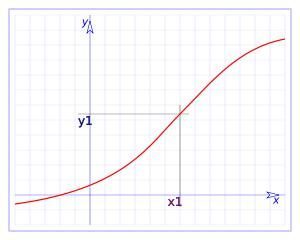 Statics is the part of mechanics that deals with the study and how to reach the balance of forces in the opportunity of a body at rest. This is why statics turns out to be a matter indispensable in careers and jobs such as those that carry out structural, mechanical and construction engineering, since whenever you want to build a fixed structure, such as a building, in a little more extended terms, the pillars of a skyscraper, or the beam of a bridge, their participation and study will be necessary and indisputable to guarantee the safety of those who later pass through the aforementioned structures.
Statics is the part of mechanics that deals with the study and how to reach the balance of forces in the opportunity of a body at rest. This is why statics turns out to be a matter indispensable in careers and jobs such as those that carry out structural, mechanical and construction engineering, since whenever you want to build a fixed structure, such as a building, in a little more extended terms, the pillars of a skyscraper, or the beam of a bridge, their participation and study will be necessary and indisputable to guarantee the safety of those who later pass through the aforementioned structures.
Because statics will not only study the balance of the whole, but also that which comes from its main components, also placing particular emphasis on the portions of material that are elementary to bring the construction in question to fruition. This obviously will not be achieved just like that, with the simple observation or study of the consequences that each material that comes into play can have, but rather the drawing of diagrams and the respective equations proposed from the material that is going to be used will be fundamental. when it comes to achieving static in any construction that boasts of such.
To solve any problem of statics, it is necessary to consider the two basic conditions of equilibrium, which are, on the one hand, that the result of the sum of forces is zero and, on the other, that the result of the sum of moments with respect to a point is null. In the event of having to solve hyperstatic problems, which are those in which equilibrium can be achieved through the approach of various combinations of efforts, the compatibility equations should be put into practice, which are the best resources available to the discipline.









